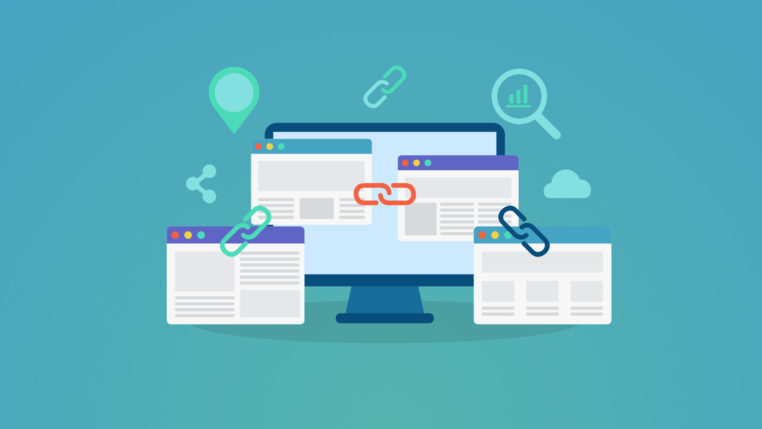Why isn't your SEO working?

Table of Contents
SEO (search engine optimization) uses a range of tactics to align your content with what people are searching for online. The aim is for search engines such as Google to recognize that your website is useful through their crawl techniques. As a result, your website will hopefully rise to the top of its results pages.
Since 75% of users who create some 5.4 billion Google queries a day does not go past the first page, appearing as one of the first results will mean your website is more likely to get clicked on.
But SEO isn’t always as easy as it seems. If it feels like you’ve tried everything but your strategy still isn’t having much effect, there could be many issues that are hampering your progress. Here are some of the main problems you’re likely to encounter to help you get ahead.
You’re expecting too much too soon
It can take anywhere from 6-12 months for a typical SEO strategy to have a real impact. We know this timeline can make it seem like it isn’t worth your efforts, but this couldn’t be further from the truth. After all, without SEO, Google will struggle to connect its traffic to your content meaning nobody would be able to find your website.
SEO can be likened to a savings account, in that it’s designed to offer a large payout over time, rather than being a get-rich-quick scheme. Regardless of how good your strategy is, your efforts are not going to reach their full potential overnight. It takes time for search engines to catch up with themselves. Plus, SEO also relies on backlinks and a low bounce rate on your website, which can also take a while to accumulate to a healthy level.
You aren’t considering search intent
Not all keywords are created equal. There’s no point in using keywords and phrases that aren’t related to the content on your website, because users will simply exit the page. This will push up your website’s bounce rate, signaling to search engines your website offers poor service, sliding you down the rankings as punishment.
Instead, you need to consider what the page you are trying to attract users to is actually offering them. For example, even though they fall under the same category, ‘best tooth whitening products isn’t going to be of much use for people looking for ‘emergency dental treatment’. So while you definitely need to be using keywords, make sure whatever ones you use directly correspond with what people can find on your website.
Website errors are turning visitors away
SEO has a huge technical component covering everything from broken links to slow page load times, as well as poor website design. It’s impossible to ignore any aspects that affect how user-friendly your website is because ultimately users are fickle – they will head elsewhere if your website isn’t giving them what they want.
For websites that aren’t easy to fix or worse still, outdated, then a fresh website design may be needed to remedy the problem. Even the best use of keywords cannot compensate for the likes of ‘404 not found’ errors and gateway timeouts.
If these technical elements of SEO are out of your comfort zone, you might want to start working alongside a marketing agency, who will ultimately be able to bring more leads to your business. This will be achieved, in part, by optimizing the technical elements of your website to send you up the rankings.
To sum up
Rome wasn’t built in a day, so it’s definitely the case that patience is key where any SEO is concerned. That said, it’s always worth making sure you are putting in every effort to allow your website’s visibility to soar online.
If you’re struggling to grasp why your website isn’t ranking, then it’s probably time you called in a marketing specialist. They’ll get under the bonnet of your website, making all the necessary tweaks to put it on the path to success. Once all the necessary fixes have been made by someone in the know, your website will fly up those search engine rankings in no time.
Share this article



